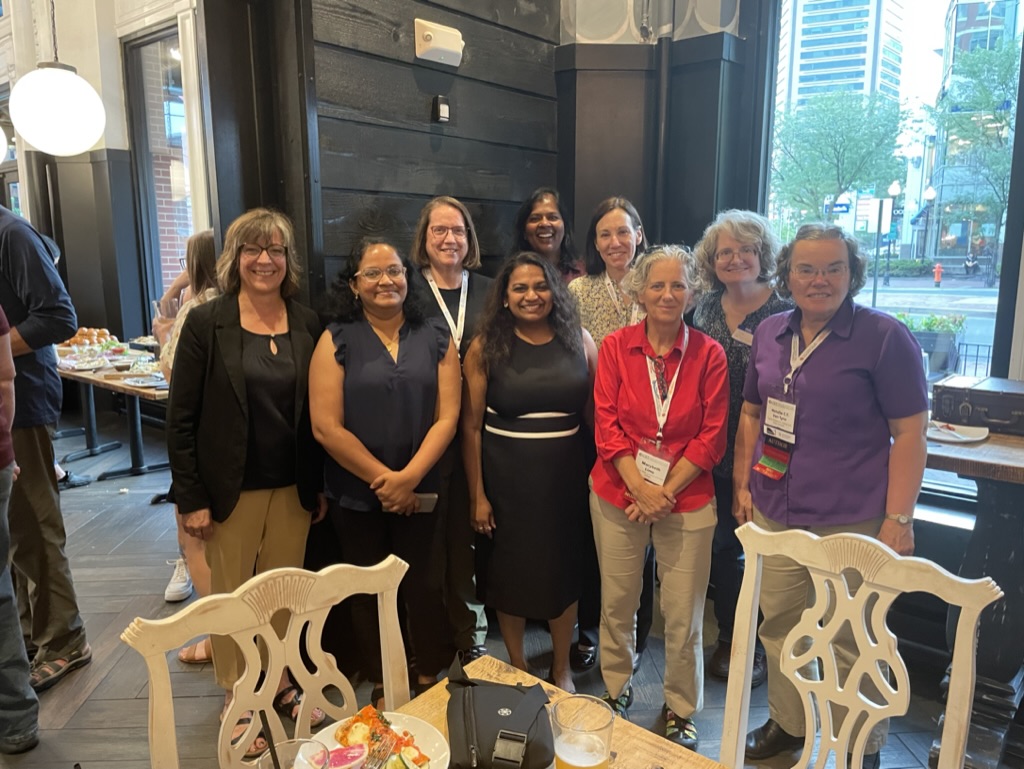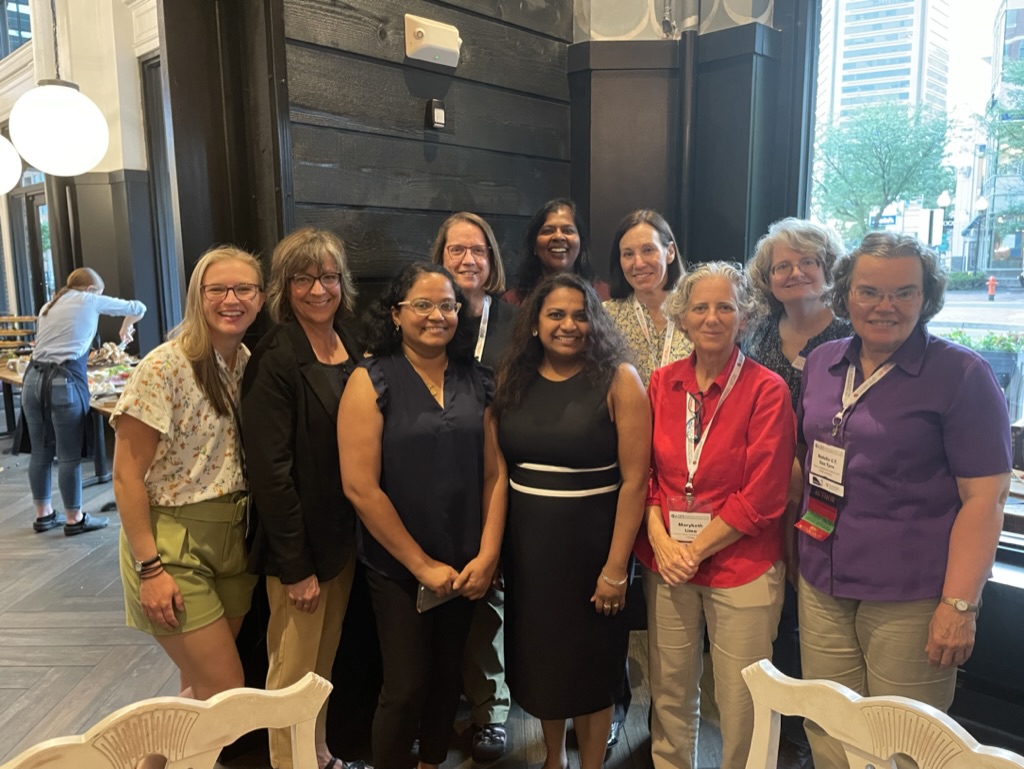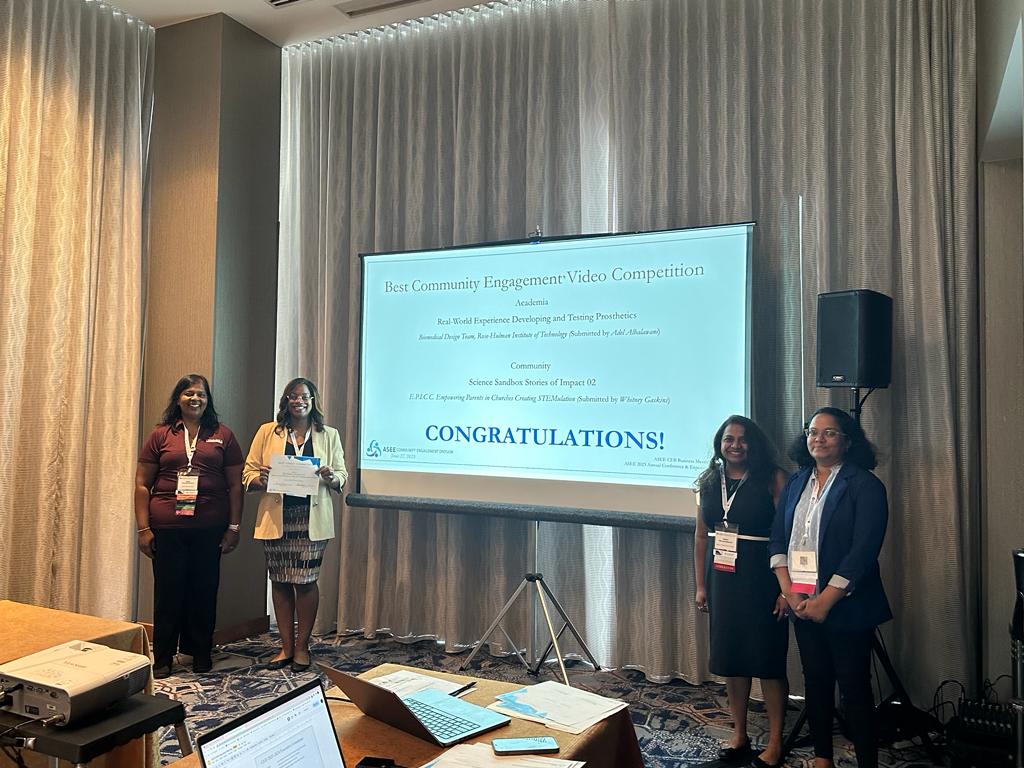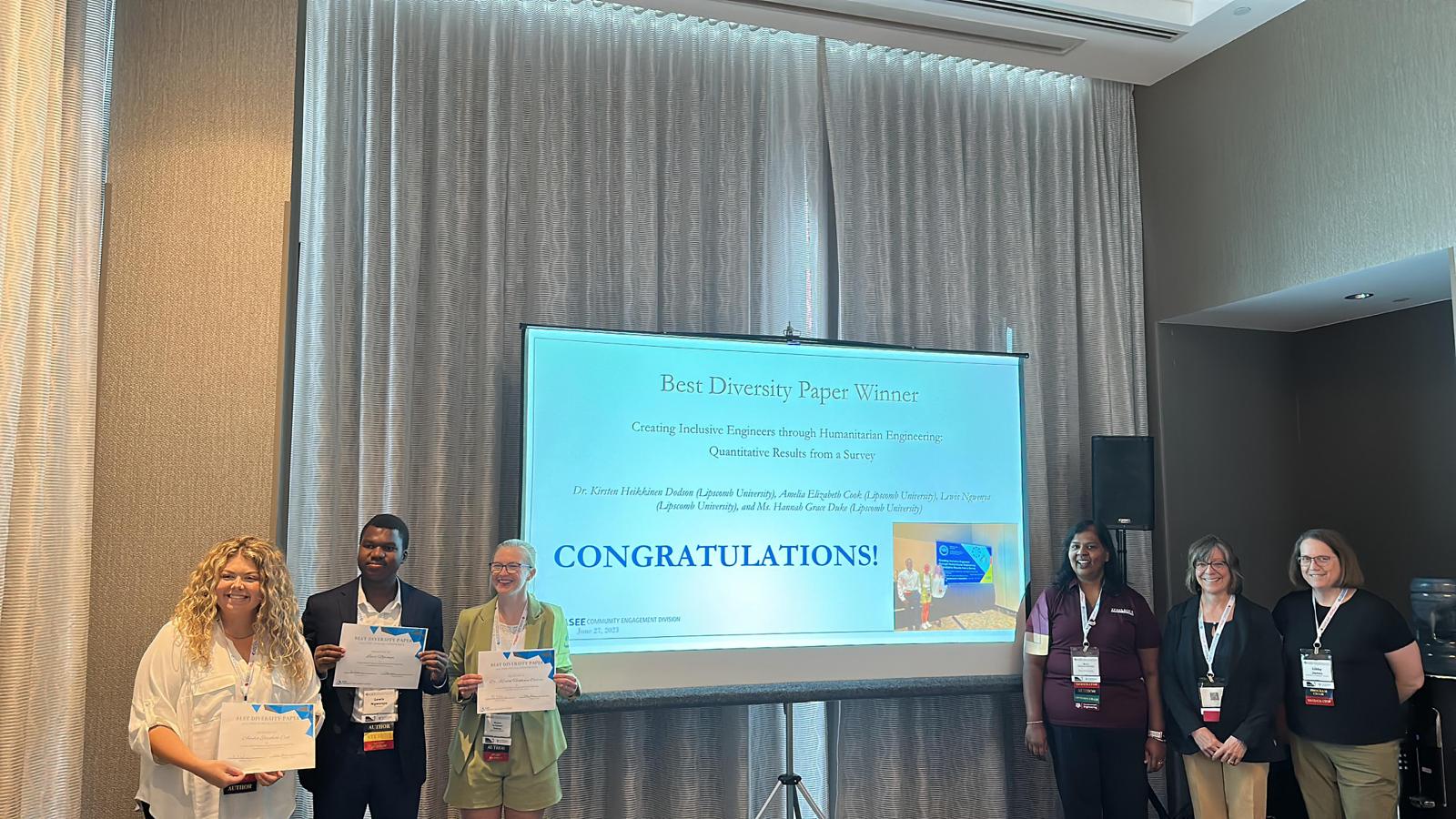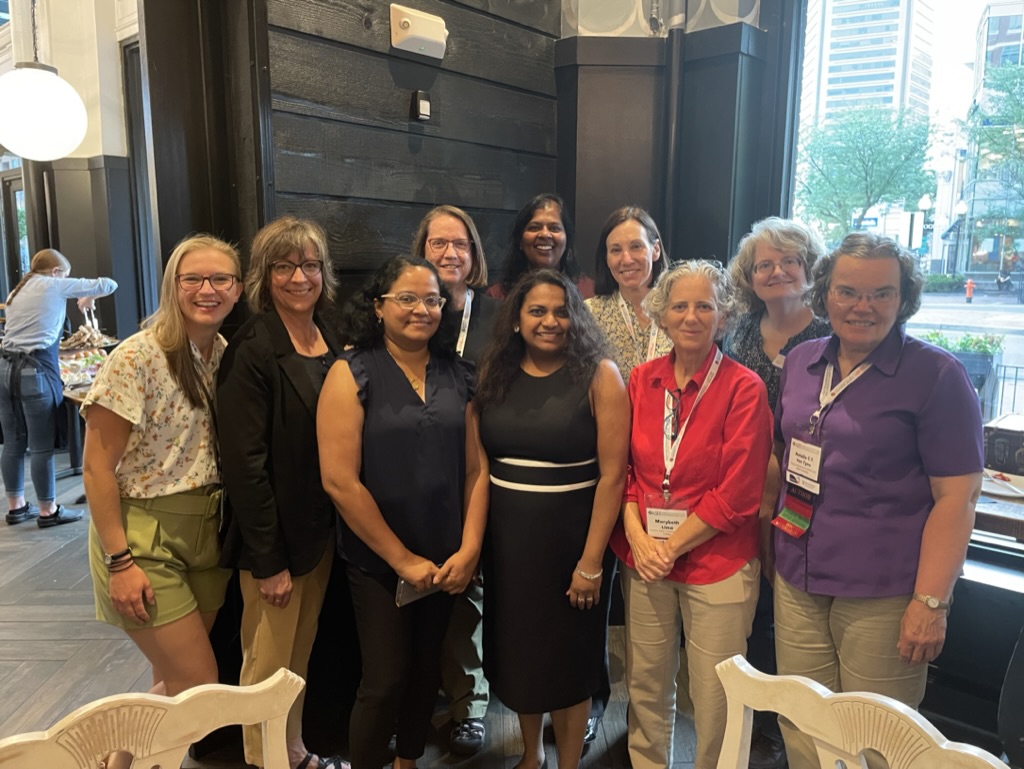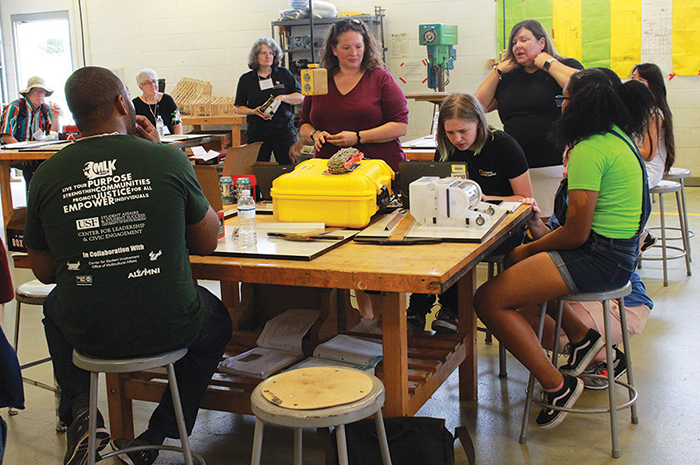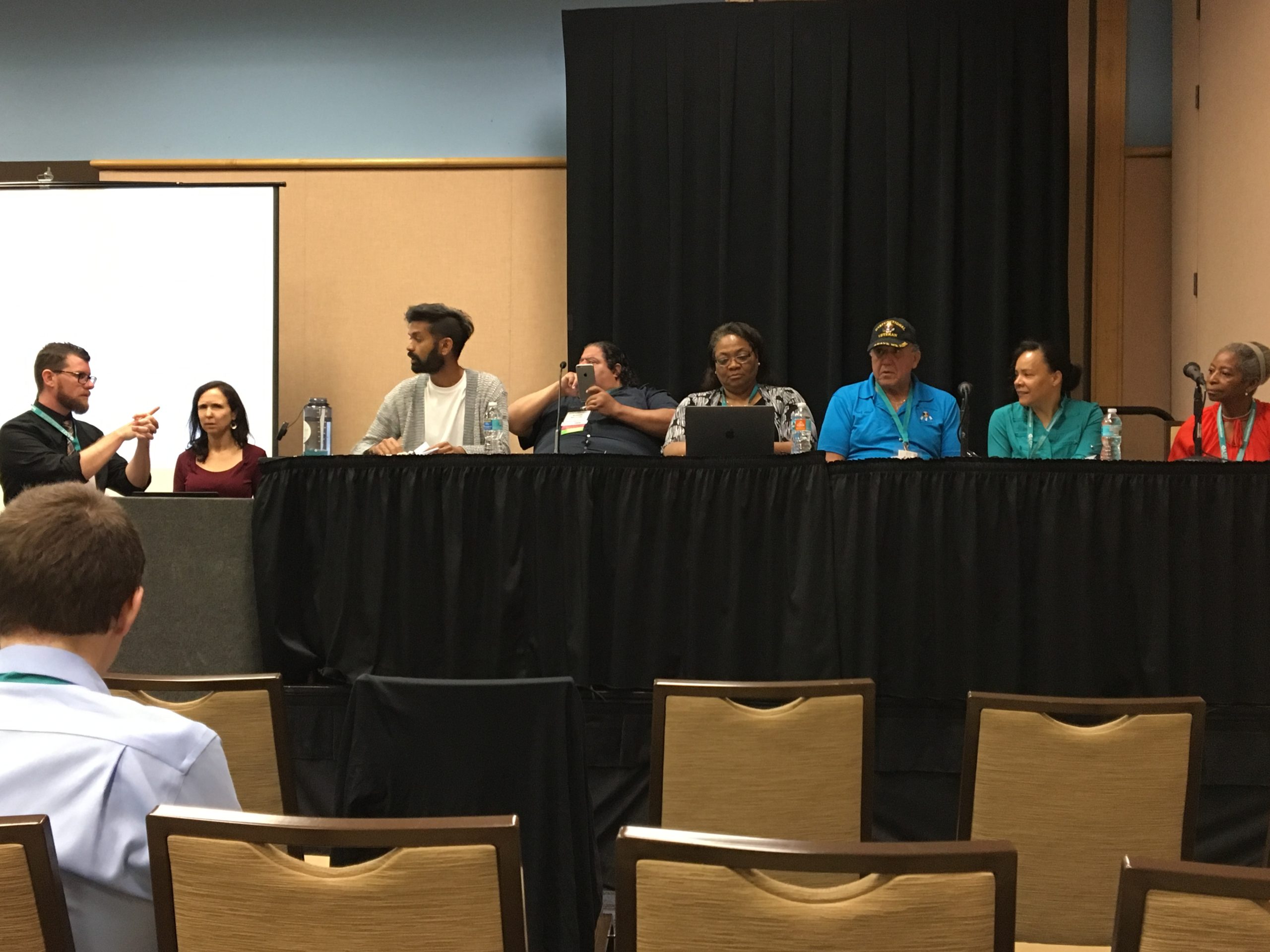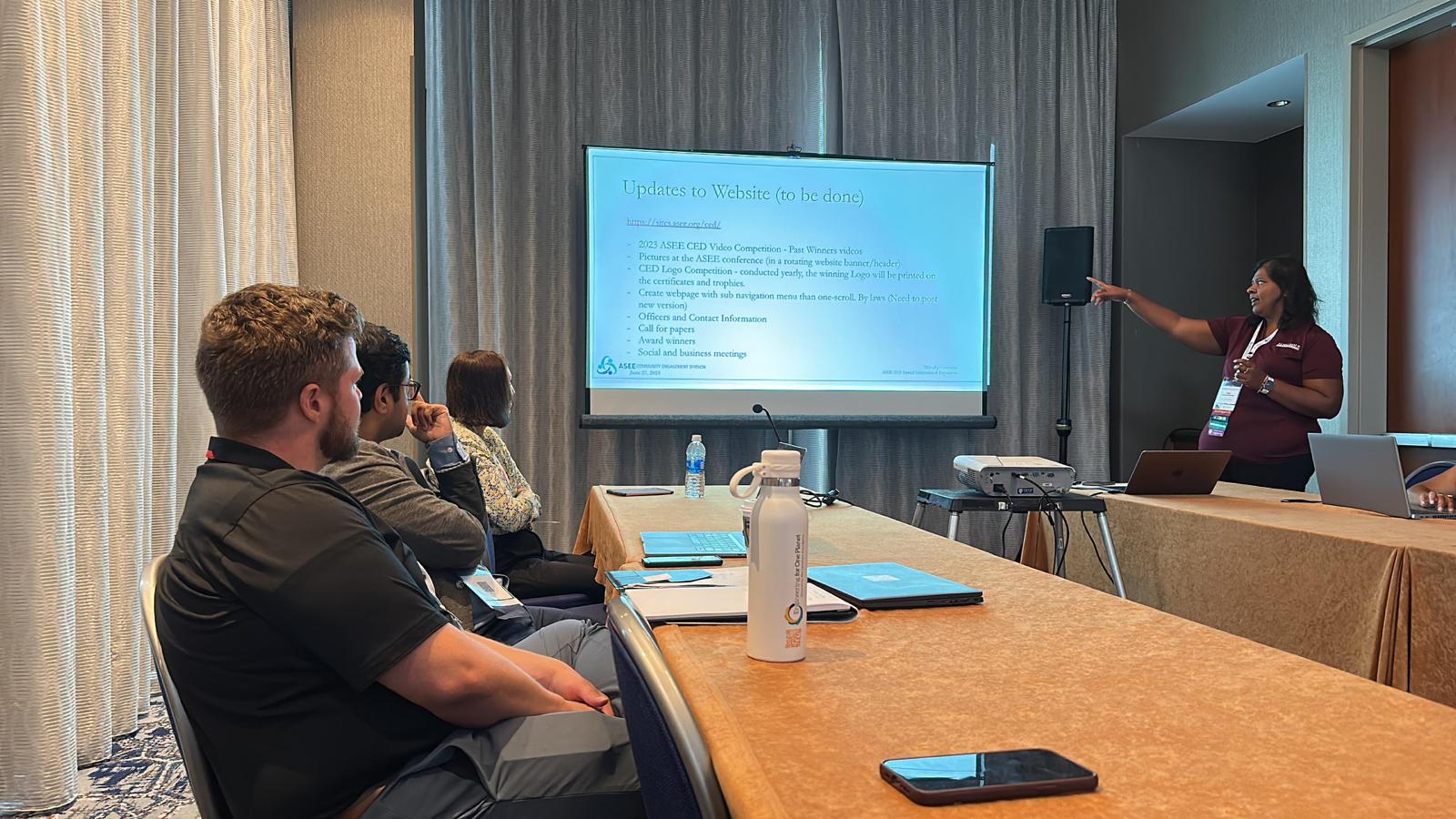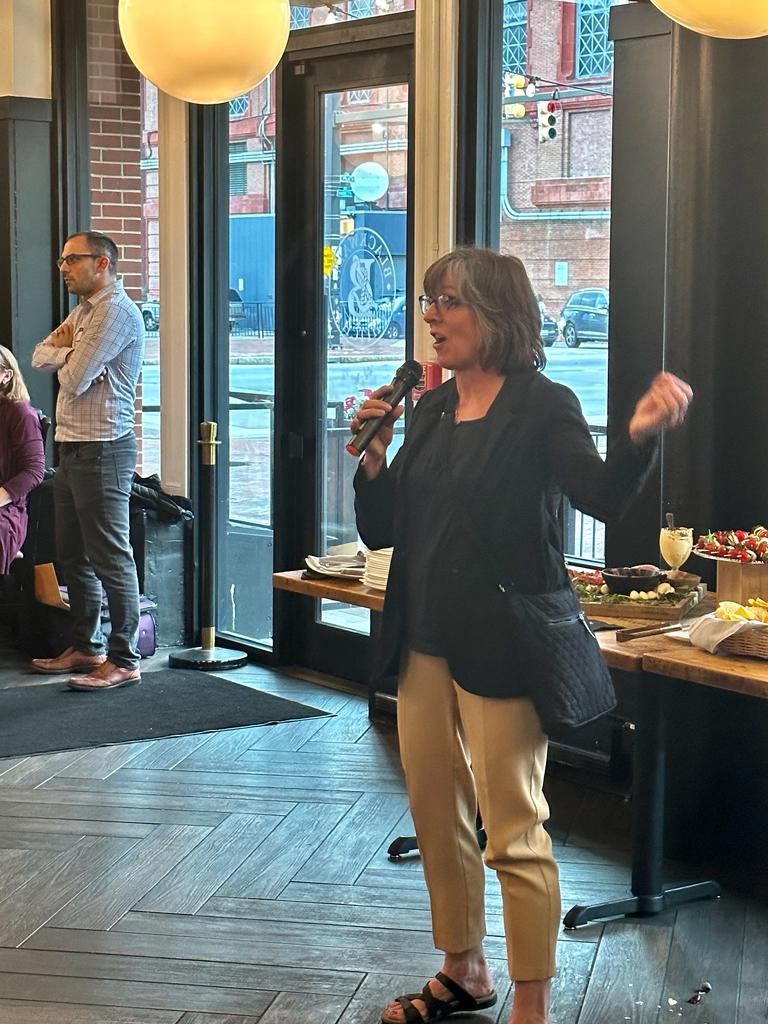Community Engagement is an umbrella term for service-learning in engineering, humanitarian engineering, learning through service, community-based research, civically-engaged learners, technology-based social entrepreneurship and more. Community organizations (either local or from abroad) partner with institutions of engineering education for the mutual benefit of communities and engineering students. Ideally, student teams and citizens work together via reciprocal partnerships on the shared purpose of completing community-identified projects aimed at increasing community assets.
We view Community Engagement as a scholarly community for faculty interested in the various ways engineering students, faculty, institutions, communities, and other stakeholders are impacted by various Community Engagement efforts.
While sharing the goals of traditional engineering disciplines, that is, engaging in scholarship, rigorous engineering research, design, technical innovation, and practice, the division’s focus is somewhat broader. It seeks to give voice to those in the field of engineering who strive to be interdisciplinary-focused rather than strictly discipline-focused; to be problem-driven rather than discipline-driven; to seek the highest standards of scholarship in all aspects of what they do.
Many programs currently exist which fall into this category. In many cases, the boundaries between the areas are not clear, and in some cases there are significant overlaps between areas. Examples include:
- Community engineering
- Community service in engineering
- Frugal engineering
- Humanitarian engineering
- Learning through service in engineering
- Service-learning in engineering
- Social entrepreneurship for engineering
- Sustainable community development
A number of academic programs focus on community engagement, including Engineering Projects in Community Service (EPICS), ETHOS, etc.
In addition, there are various professional and student organizations that relate to Community Engagement, such as Engineers Without Borders (EWB-USA), Engineers for a Sustainable World (ESW), and Engineering World Health (EWH).

